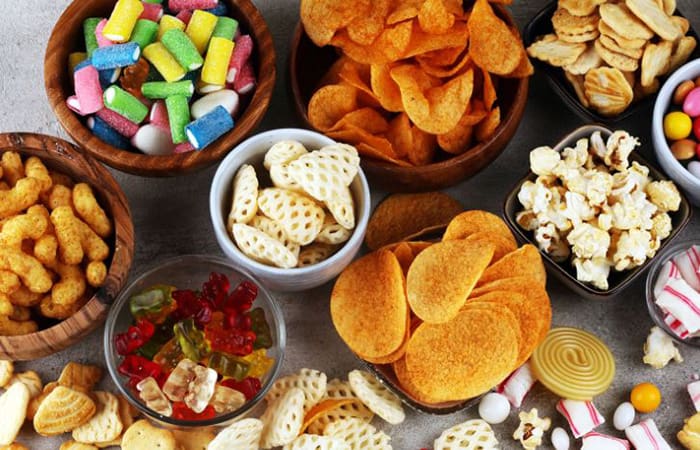
We all enjoy the occasional snack—whether it’s a midday granola bar, a handful of chips while working, or some candy while watching TV. But when snacking becomes a constant habit throughout the day, it can take a significant toll on your dental health. One of the major consequences of frequent snacking is an increased risk of cavities. Understanding how this happens is key to making healthier choices for your teeth without completely giving up your favorite treats.
The Basics of Cavity Formation
To understand how snacking leads to cavities, it’s important to know how cavities form in the first place. Cavities are caused by tooth decay, which occurs when the bacteria in your mouth feed on sugars and starches from food. These bacteria produce acids that erode the enamel—the hard, protective outer layer of your teeth.
When you eat, especially foods high in sugar or refined carbohydrates, the pH level in your mouth drops and becomes more acidic. This acidic environment lasts for about 20 to 30 minutes after you eat, and during that time, your enamel is under attack. If this cycle happens occasionally, your saliva has a chance to neutralize the acids and repair the enamel with minerals like calcium and phosphate. But if you’re constantly snacking, your teeth are exposed to these damaging acids almost all the time.
Why Frequent Snacking Is Worse Than Occasional Treats
It’s not just what you eat that matters—it’s how often. Constant snacking keeps your mouth in a perpetual state of acid attack. Unlike eating a meal, which has a defined beginning and end, grazing throughout the day gives bacteria a steady stream of fuel. This creates an ideal environment for cavities to develop.
Let’s say you sip on soda throughout the day or nibble on candy while working. Even if you’re only consuming small amounts at a time, the frequent exposure means your mouth never gets a break. Your saliva doesn’t have the chance to do its job, and the enamel doesn’t get the time it needs to remineralize.
Sugary and Starchy Snacks: A Double Threat
Snacks like cookies, crackers, chips, dried fruit, and candy are especially harmful. These foods tend to stick to your teeth, prolonging their contact with enamel. Sticky snacks get trapped in the grooves of your molars and between teeth, where they can be difficult to clean—even with regular brushing.
Even snacks that seem healthy, like granola bars, yogurt, or fruit juices, often contain hidden sugars. While they may offer nutritional benefits, they can still contribute to cavity formation if consumed frequently.
Kids and Teens Are Especially Vulnerable
Children and teenagers are often the most frequent snackers, and their developing teeth are more susceptible to decay. School lunchboxes, vending machines, and sports drinks can all contribute to a high-sugar diet that increases cavity risk. Teaching healthy snacking habits early on can prevent a lifetime of dental problems.
What You Can Do
Preventing cavities doesn’t mean you have to stop snacking entirely. Here are a few tips to protect your teeth:
- Limit snacking to set times instead of grazing all day.
- Choose tooth-friendly snacks like cheese, nuts, raw vegetables, or plain yogurt.
- Drink water after snacking to help wash away food particles and neutralize acids.
- Chew sugar-free gum to stimulate saliva production.
- Brush your teeth twice a day and floss daily to remove plaque buildup.
- Visit your dentist regularly for cleanings and checkups.
Final Thoughts
Constant snacking might seem harmless, especially if the portions are small or the foods are marketed as healthy. But when it comes to your teeth, frequency is just as important as food choice. Giving your mouth time to recover between snacks is crucial for maintaining strong, cavity-free teeth. By being mindful of your snacking habits, you can enjoy your favorite foods while still protecting your smile.
